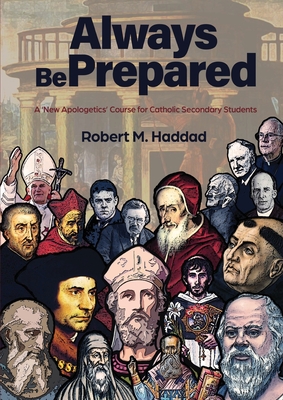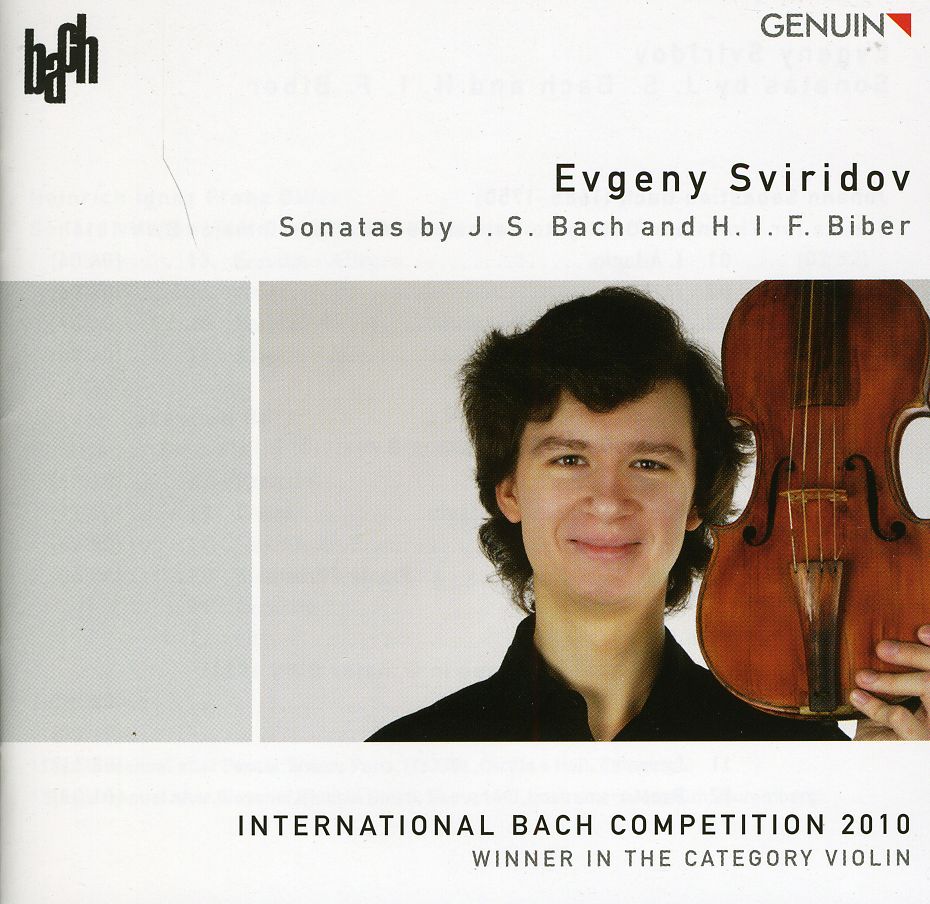
Haddad, Robert M.
product information
description
of providing a reasoned explanation, or defence, for one's position or beliefs to critics or inquirers. For Christians, one of the original calls to engage in apologetics was made by St Peter the Apostle, who exhorted believers to "Always be prepared to make a defence to anyone who calls you to account for the hope that is in you", adding further that we should do the same "with gentleness and reverence"(1Pet. 3:15).It was an apologetics closely allied to evangelisation. Apologetics has always had a place in the life of the Church. Many great Church Fathers, Doctors and Saints throughout history engaged in apologetics to defend Catholic teaching against challenges and attacks stemming from all quarters. Figures such as Sts Athanasius, Jerome and Augustine of Hippo initially come to mind. The English-speaking world has produced many fine apologists, including St John Henry Cardinal Newman, Archbishop Fulton J. Sheen, Hilaire Belloc, G. K. Chesterton, Frank Sheed, Frs Rumble and Carty, etc. Some of these were converts to Catholicism, some cradle Catholics. All, whether lay or clerical, loved the Catholic faith, knew its truthfulness and desired to share it with others. Their writings combined Scripture, reason, personal testimony, wit, and a bit of pugilistic flair. However, from the 1960s onwards interest in apologetics declined significantly. For many, it had become outdated, unfashionable and irrelevant. Arguing over religious beliefs was either bad manners, offensive, or both. It now seemed best to keep one's religious beliefs to oneself, for "your truth is as good as mine. "Apologetics would substantially disappear from the Catholic academy, the seminary and school curricula. Despite its decline, apologetics would eventually make a comeback, at least in part. It was never eschewed by Vatican II(Lumen Gentium10and 11, Dignitatis Humanae14, Apostolicam Actuositatem6) nor by post-Conciliar Popes. Pope St John Paul II would provide the 'magna carta' for a 'new apologetics', which in essence was a return to the Scripture injunction of St Peter: "... we need a new apologetic, geared to the needs of today, which keeps in mind that our task is not just to win arguments but to win souls, to engage not in ideological bickering but to vindicate and promote the Gospel...This new apologetic will also need to breathe a spirit of humanity, that compassionate humility which understands people's anxieties and questions and which is not quick to presume in them ill will or bad faith. "Any revival of apologetics should be welcomed, especially in view of the many new and rising challenges facing the Church and the world. The need for apologetics is most acute for the young, who are highly vulnerable to the growing influence of the 'new atheism', the post-modernist denial of objective truth, the sexual revolution, fundamentalist Christianity, and proselytising Islam.
member goods
No member items were found under this heading.
Return Policy
All sales are final
Shipping
No special shipping considerations available.
Shipping fees determined at checkout.







